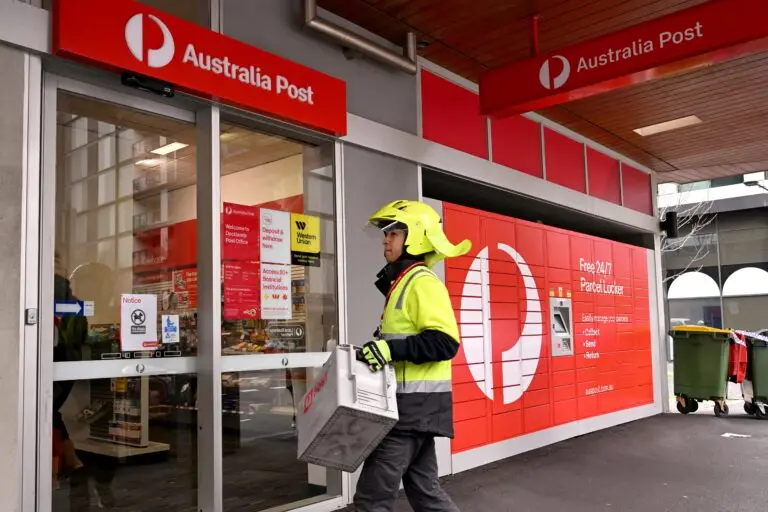GENEVA – The world’s postal system is feeling the shockwaves of Washington’s latest tariff policy, as more than two dozen countries abruptly halted parcel shipments bound for the United States.
The suspension, announced by national postal operators from Europe to Asia, comes ahead of a sweeping change that will strip away tax exemptions on small packages entering the U.S. beginning August 29.
A Sudden Break in Global Flow
For years, consumers and small businesses alike relied on affordable cross-border shipping to fuel e-commerce. That system is now disrupted. France, Germany, the U.K., India, Japan, and Australia are among the states no longer processing parcels destined for American addresses, citing a lack of clarity on how the new tariffs will be enforced.
The United Nations’ Universal Postal Union (UPU), custodian of the global mail system since 1874, confirmed that at least 25 countries have temporarily cut off package services to the U.S. Officials warn the measure could trigger “substantial operational upheaval” for postal networks already under strain.
The Rule Change
Under the new directive, postal carriers worldwide must begin collecting U.S. customs duties upfront on all packages exceeding $100 in value. For senders, this means added costs and paperwork before a parcel ever leaves their hands.
Rates will mirror broader U.S. tariffs: 15 percent on European goods, and as high as 50 percent on packages from India. Even gifts under the $100 threshold will face tighter scrutiny, with Germany’s DHL cautioning customers that “enhanced checks” will apply to avoid abuse of exemptions.
A System in Limbo
What remains unclear is who exactly qualifies to collect and remit these duties on behalf of the U.S. Customs and Border Protection agency. India’s communications ministry, among others, has flagged the absence of defined “qualified parties” and mechanisms for remittance.
Until those gaps are addressed, postal operators are choosing suspension over uncertainty.
Search for Solutions
The UPU said it is pressing U.S. authorities for details, while simultaneously working with global carriers to develop long-term fixes, such as a standardized duty-collection platform across its 192 member states.
But time is short. The policy is set to take effect Friday, and the ripple effects could hit not just consumers and online retailers, but entire supply chains dependent on predictable, low-friction delivery.
As UPU chief Masahiko Metoki warned in a letter to Washington, the risk is not just delayed parcels, but a fractured system where international commerce slows at its weakest link: the postal counter.

